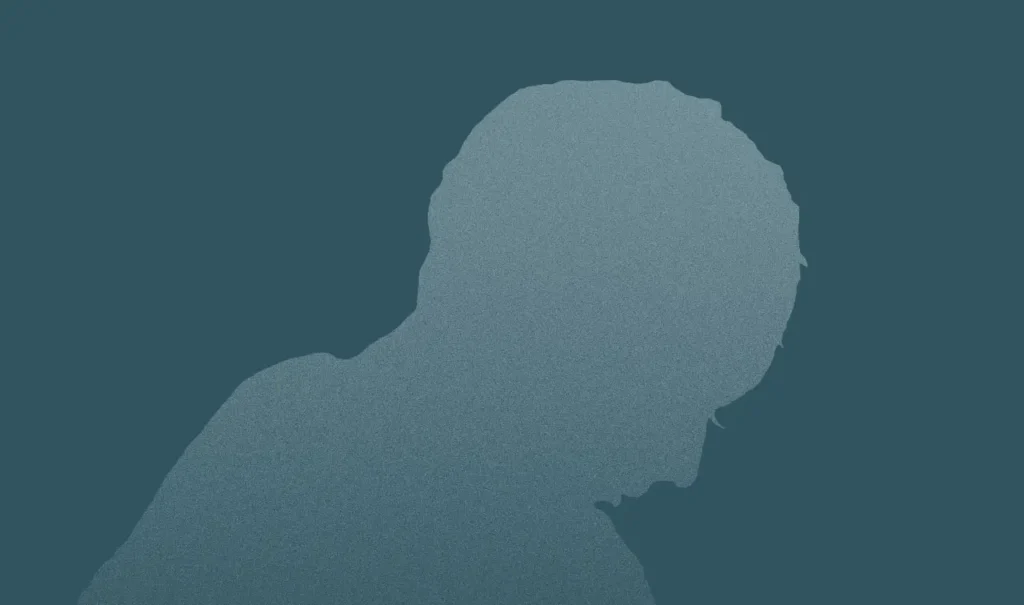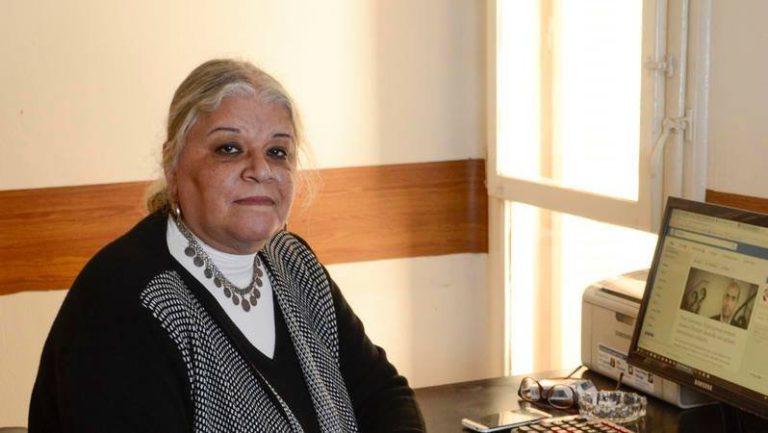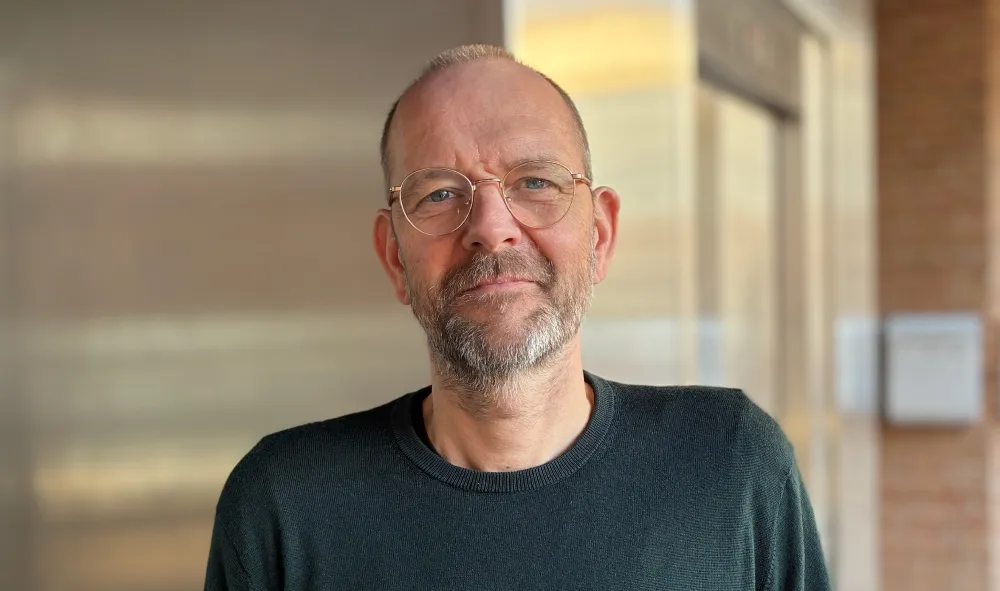We asked DIGNITY’s legal advisor, Natacha Bracq, how to document war crimes in Palestine and Israel, as well as how to hold the alleged perpetrators accountable.
Can you start by telling us: What is a war crime?
War crimes are serious violations of the laws and customs of war. They are also referred to as serious violations of international humanitarian law. These rules apply during armed conflicts to protect the civilian population and civilian objects such as schools and hospitals, as well as individuals who are not actively engaged in the conflict, including combatants who are no longer taking part in the hostilities.
War crimes can be committed during armed conflicts, such as the Israel-Palestine conflict. They encompass a wide range of prohibited conducts, such as torture and other ill-treatment, directly targeting civilians, indiscriminate attacks, forced displacement, or attacking humanitarian personnel and hospitals.
Can war crimes committed during the Israeli attack on besieged Gaza be documented in real time, or must it wait until after?
Documentation of war crimes can begin as soon as they occur. Even amidst ongoing attacks, Palestinians persist in their efforts to document the atrocities they are suffering, just as they have been doing for many years. But the most significant phase of documentation will begin after the hostilities have ceased.
In Gaza, at the moment, documentation is particularly complex due to the incessant bombing, security issues, electricity shortages, and severe human and material loss. Despite these challenges, many individuals and organizations are working tirelessly to disseminate as much information and materials as possible to the world before it gets lost. A thorough review of the evidence will be necessary given the substantial volume of information and materials being released, as well as the dissemination of fake information, pictures, and videos.
DIGNITY remains committed to providing our technical support and assistance to ensure accountability for torture and other related crimes under international law.
DIGNITY collaborates with local partners to pursue accountability in Ukraine – when it comes to documenting war crimes and ensuring accountability, is the process the same for Israel/Palestine?
It always depends on the context. Documenting war crimes during an armed conflict is always a difficult task, and in both the Ukrainian and Palestinian situations, the challenges are considerable. However, for Palestinians, these difficulties are compounded by a long history of conflict and occupation.
It is important to emphasize that the escalating violence and spiraling death toll we now are seeing cannot be detached from decades of Israeli occupation, oppression of the Palestinian people, systematic violations of international human rights and humanitarian law, and the failure to ensure a viable political solution, as DIGNITY stated in a statement about the root causes of the conflict. According to the United Nations Office for the Coordination of Humanitarian Affairs (OCHA), 6,407 Palestinians have died and 152,560 have been injured between 24 January 2008 and 31 August 2023 as a result of the conflict and occupation. On the Israeli side 308 have died and 6,307 have been injured.
Palestinians have been documenting the atrocities they suffered over the years, with little prospect of seeing justice for the victims. Their documentation efforts have repeatedly come under threat from Israel, as evidenced by the raid on the offices of seven leading Palestinian civil society organizations working to uphold human rights and document serious human rights violations and crimes under international law on 18 August 2022.
In 2014 and 2015, Palestine acceded to UN human rights treaties and the Rome Statute of the International Criminal Court (ICC). This led to the ICC Prosecutor opening an investigation in 2021 covering Gaza and the West Bank, including East Jerusalem. However, Israeli authorities have refused to cooperate with the ICC investigation. They have also not effectively investigated the violations and crimes under international law committed by their own forces.
One of the main distinctions between Ukraine and Palestine, for instance, is the level of State support and the concrete steps taken towards accountability. In the case of Ukraine, both the European Union (EU) and states have made explicit commitments to hold those responsible for the crimes committed accountable. They have taken initiatives like establishing joint investigation teams and exploring the application of universal or extraterritorial jurisdiction. The ICC also issued an arrest warrant against Vladimir Putin in March 2023. These efforts reflect a collective determination to address impunity for the crimes committed in Ukraine.
In the context of the Palestinian-Israeli conflict, particularly in Gaza, it appears that efforts towards achieving accountability for alleged Israeli war crimes have not received the same level of support from the international community.
When it comes to accountability for these crimes, what might be the potential timeline for bringing the perpetrators to justice?
Unfortunately, providing a specific timeline, especially in the context of Israel/Palestine, is not possible due to the reasons highlighted above, as well as the protracted nature of the conflict, and the wide range of alleged crimes and perpetrators.
Concerning the alleged crimes committed by Palestinian groups, Israel has already dispatched official investigators and forensic experts to investigate the alleged crimes committed by Palestinian groups on their territory. It is quite likely that the trials of those who have been arrested will start soon in Israel. Additionally, some states are considering opening investigations into cases involving their nationals who were victims.
The critical areas that require close monitoring are the treatment of Palestinian prisoners and ensuring their right to a fair trial in Israel. Reports indicate that Palestinians in Israeli detention have been subjected to torture and ill-treatment. DIGNITY’s partner in Israel, PCATI, recorded more than 1,400 complaints of torture by Israeli interrogators since 2001, with only three of them being investigated.
In the case of alleged crimes committed by Israel, there are not a lot of avenues, nor are there real prospects for the alleged perpetrators to be arrested. The ICC Prosecutor stated on October 12 that the alleged war crimes committed by both sides fall within the jurisdiction of the ICC. We have yet to see what will unfold.
Since 2009, the UN has established five investigative bodies to examine alleged violations of international human rights and humanitarian law in the Occupied Palestinian Territory, including East Jerusalem, and in Israel.
While they have all found the commission of violations of international human rights and humanitarian law by Israeli forces and stressed the need for accountability, no further actions have been taken. The conclusions of the most recent report from the Commission of Inquiry on the Occupied Palestinian Territory, dated 5 September 2023, summarizes the current situation in Gaza and the impact of the Israeli occupation on the Palestinian population:
”The Commission finds that the increasingly militarized law enforcement operations of Israel and repeated attacks by Israel on Gaza are aimed at maintaining its unlawful 56-year occupation and serve (or are used) to weaken opposition to the occupation, fragmenting Palestinian political, economic and social cohesion, denying Palestinian self-determination and ultimately preventing the establishment of a free Palestinian State. The devastating results of regular military incursions and aerial attacks on Gaza and militarized law enforcement operations in the West Bank, including East Jerusalem, fall primarily on civilians, with an increasing number of deaths and injuries. These disproportionately affect men and boys as the primary victims but also affect women and girls, who bear the burden of becoming primary breadwinners and caregivers.”





